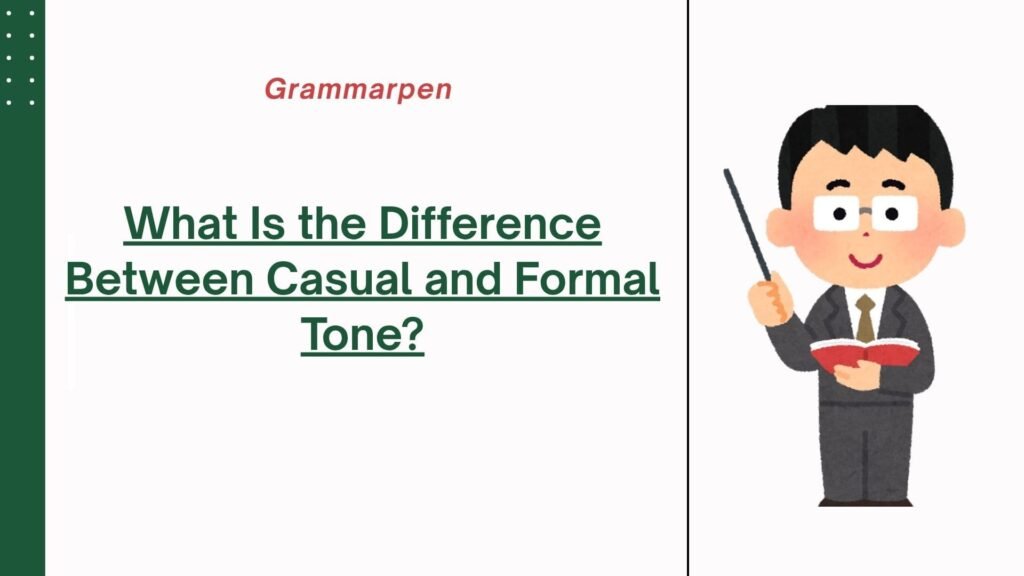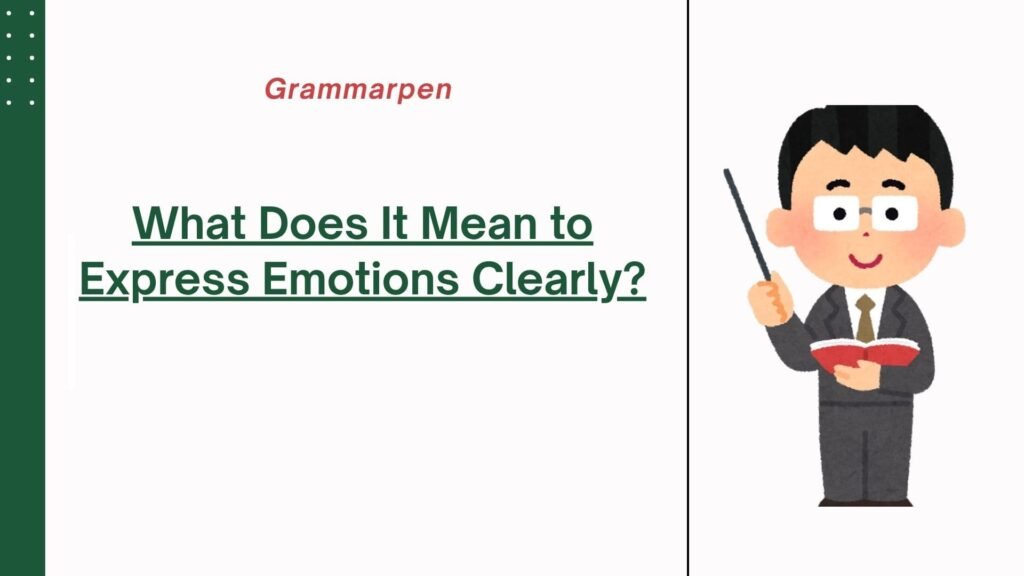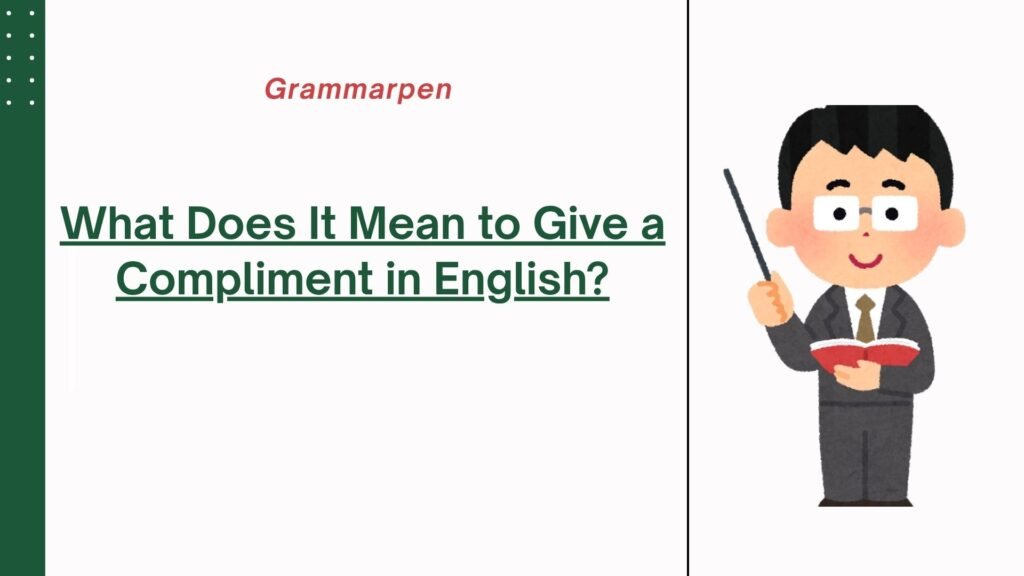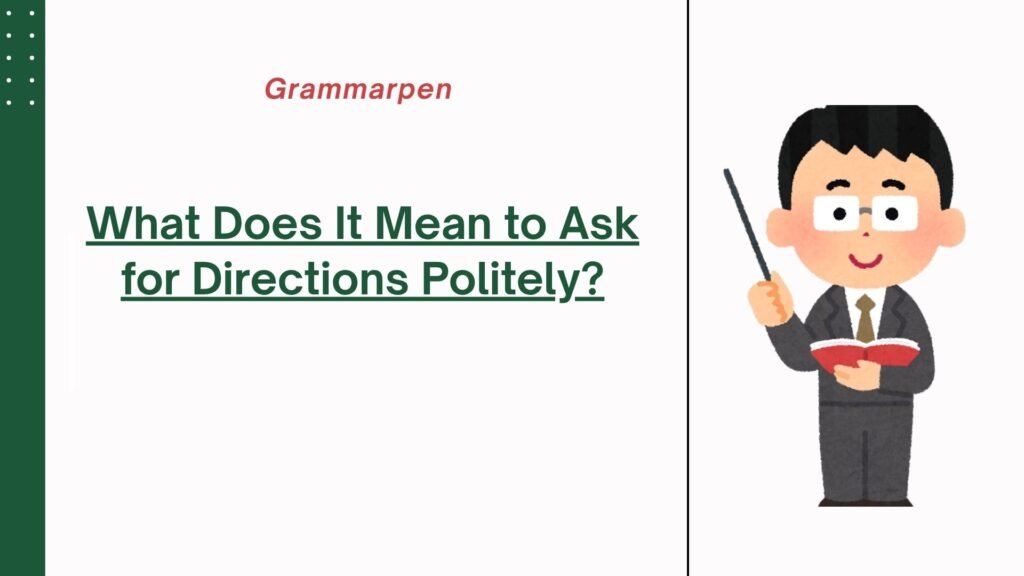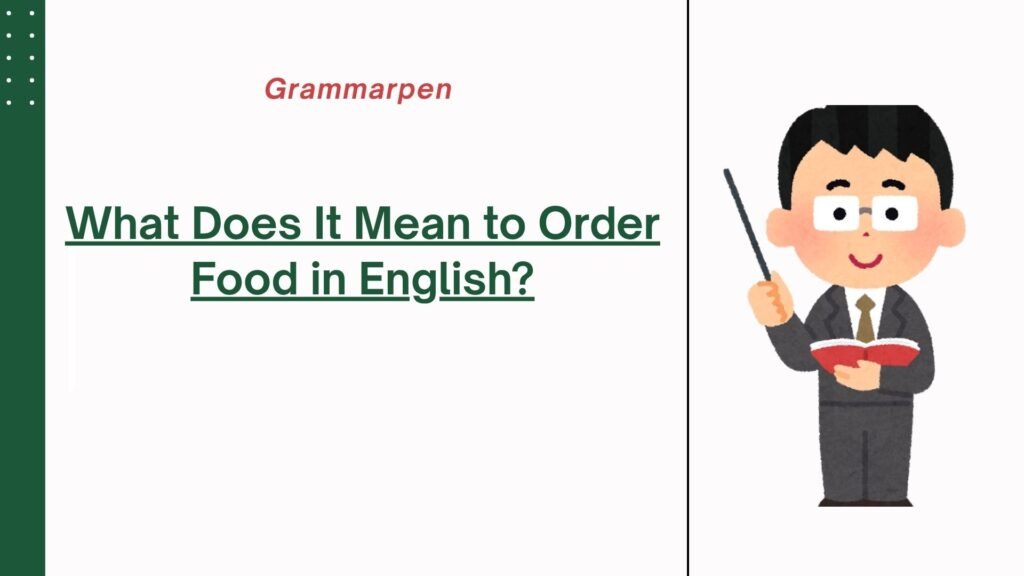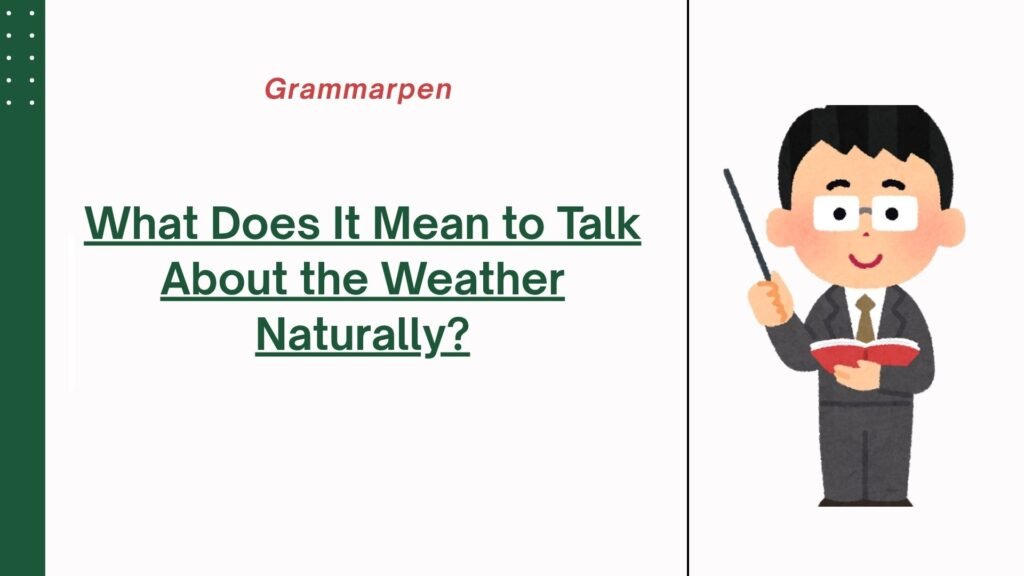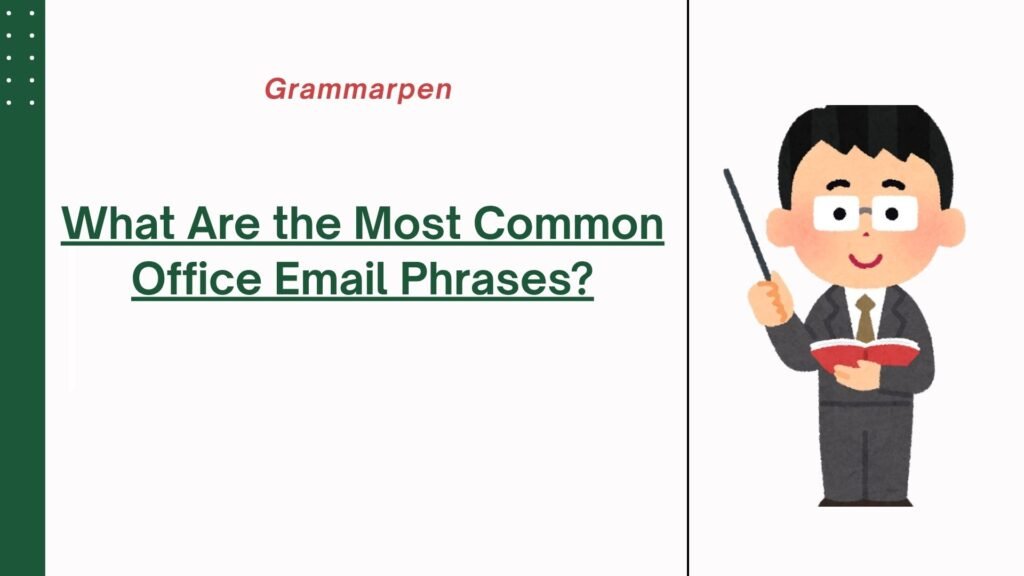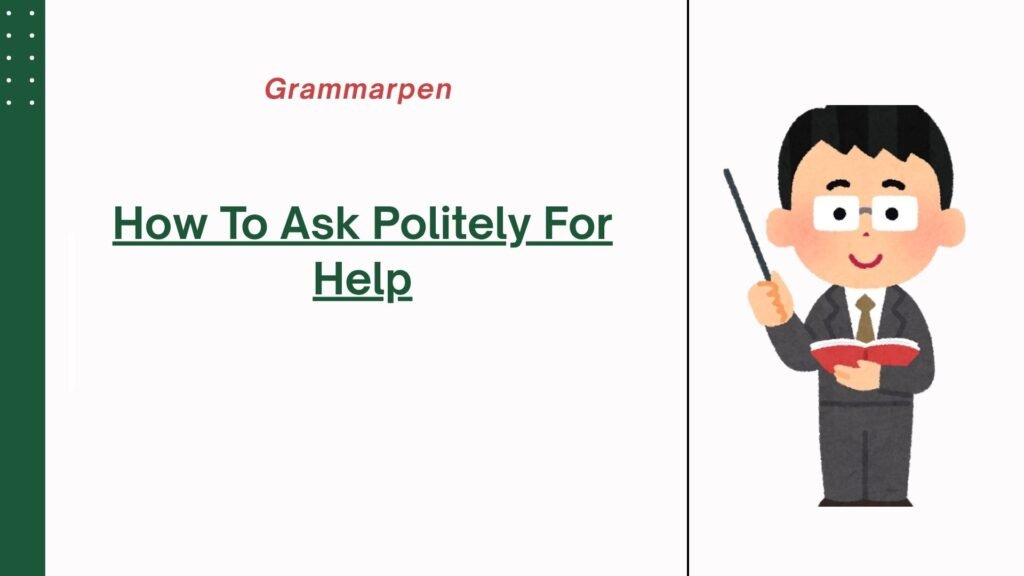What Is the Difference Between Casual and Formal Tone?
The difference between casual and formal tone lies in the level of politeness, vocabulary, sentence structure, and purpose. A formal tone is used in professional, academic, or serious contexts. It is polite, respectful, and often uses complete sentences and specific vocabulary. A casual tone is relaxed, friendly, and closer to everyday conversation. This distinction affects…
Read more

